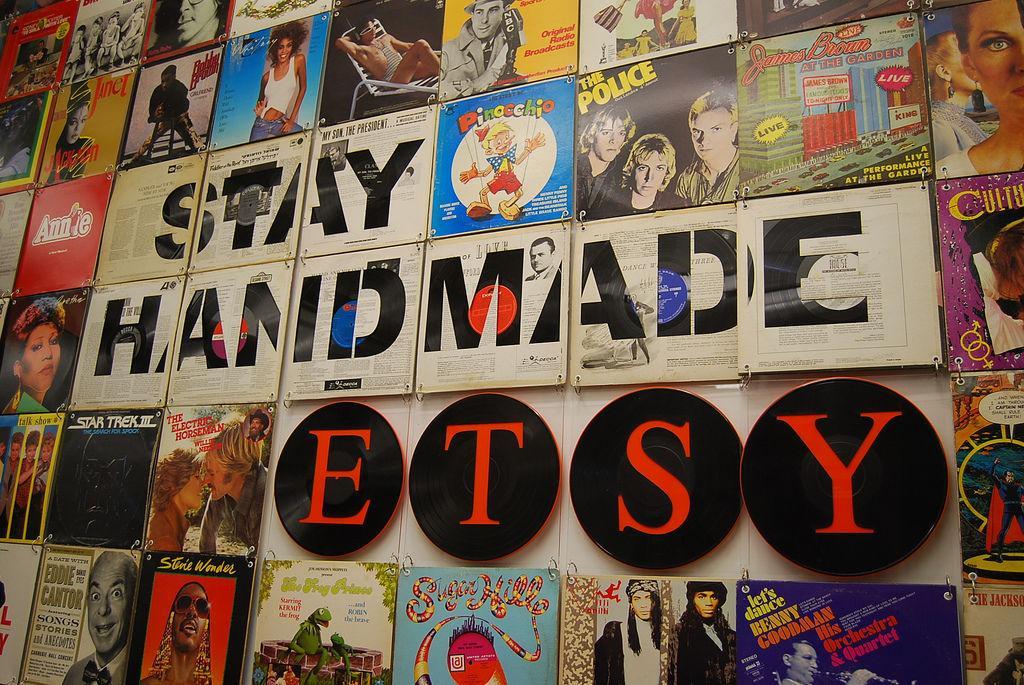In case you haven’t heard, millennials are “killing” everything from department stores and diamonds to football. However, in our Genghis Khan-style conquest of the modern economy, we forgot to exterminate the art of the side hustle.
According to a 2016 CareerBuilder survey, around 39 percent of millennials report earning money on the side, more than any other generation.
The rise of the internet and video conferencing makes jobs such as consulting, photography, graphic design and freelance writing easy to perform part-time and remotely. Add in industry-changing companies such as Uber and Lyft, and it looks like the side hustle will only continue to grow, as well as the income people earn from their side hustle.
A 2017 survey by Finder.com found millennials who reported having a side job earned on average $3,677 from the job, again more than any other generation. However, though we may be great at making some side money, we suck at paying taxes on it.
While not declaring the income you make blogging about Daft Punk conspiracy theories sounds innocent enough, it’s technically tax fraud that makes you a criminal. But, there are some potential benefits from telling the government about this income, such as tax deductions.
Chances are your side gig is considered self-employment income since freelancers and contractors fall under this category. In this case, the IRS requires you to report any income you make, no matter how small the amount.
If any of your side gigs pay you more than $600 a year, they are legally required to send you a 1099 Form, which reports to you and the IRS how much money you made working for that client in that year. This makes keeping track of your earnings easier for you.
Next, you add all the income made from your side jobs and fill out the Form 1040 Schedule C. Here you also get to take out deductions for expenses of running your business. Deductions will reduce the amount of taxes you need to pay so you want these.
For example, if you spend weekend nights shuttling drunken freshman from Tigerland to their dorms as part of a ride-sharing company, you may be able to deduct any gas or maintenance expenses associated with the number of miles you drive while working.
If you teach yoga classes in your room over Skype, the cost of internet which you use during your Skype session is a deductible expense.
If you Google search “taxation of (your side job),” I can almost guarantee you will find an article about what specific expenses you can deduct for said side job. Just make sure to save receipts of any expenses as proof.
Once you’ve subtracted all your expenses from your income, you arrive at your net profit. Then you simply transfer that number over to the respective line on your normal 1040 tax return.
In your normal salary job, your employer withholds a certain amount of your paycheck to help you cover your tax bill at the end of the year. However, with your side hustle, no one will be making withholdings for you, so expect there to be taxes you must pay — a good rule of thumb is 20-30 percent of your net profit will be your tax bill.
However, if you’re not making tons of money through your side gig, chances are the withholdings from your salary job will cover the tax liability anyway. Regardless, it’s a wise idea to set some money aside during the year to cover taxes.
At this point, you may be asking “why is it any of the IRS’ business if I make a couple bucks while dog sitting” and whether it’s laziness or disdain for “The Man,” many of people agree there’s no point in reporting side income. So I want to make it clear: intentionally not reporting income from side jobs is tax fraud and a federal crime.
Will the IRS come knocking down your door because you didn’t disclose profits from your Harry Potter-themed scented candles on Etsy? Of course not, but if the IRS ever audits you they will notice the unreported income and they will fine you or worse.
If that’s not enough to convince you, then consider this: Social Security benefits are calculated in part by the average amount you earned during your highest-earning 35 years before age 62. This will include the income reported from your side hustle, so reporting this income may give you a higher Social Security benefit later in life.
Tracking income, saving receipts and paying taxes may all sound discouraging, but as long as you keep good records and consult with a tax professional on any questions, you’ll be side-hustling like a pro.
Jay Cranford is a 23-year-old finance senior from St. Simons Island, Georgia.
Opinion: Documenting side job profits can provide tax benefits
By Jay Cranford
September 26, 2017





